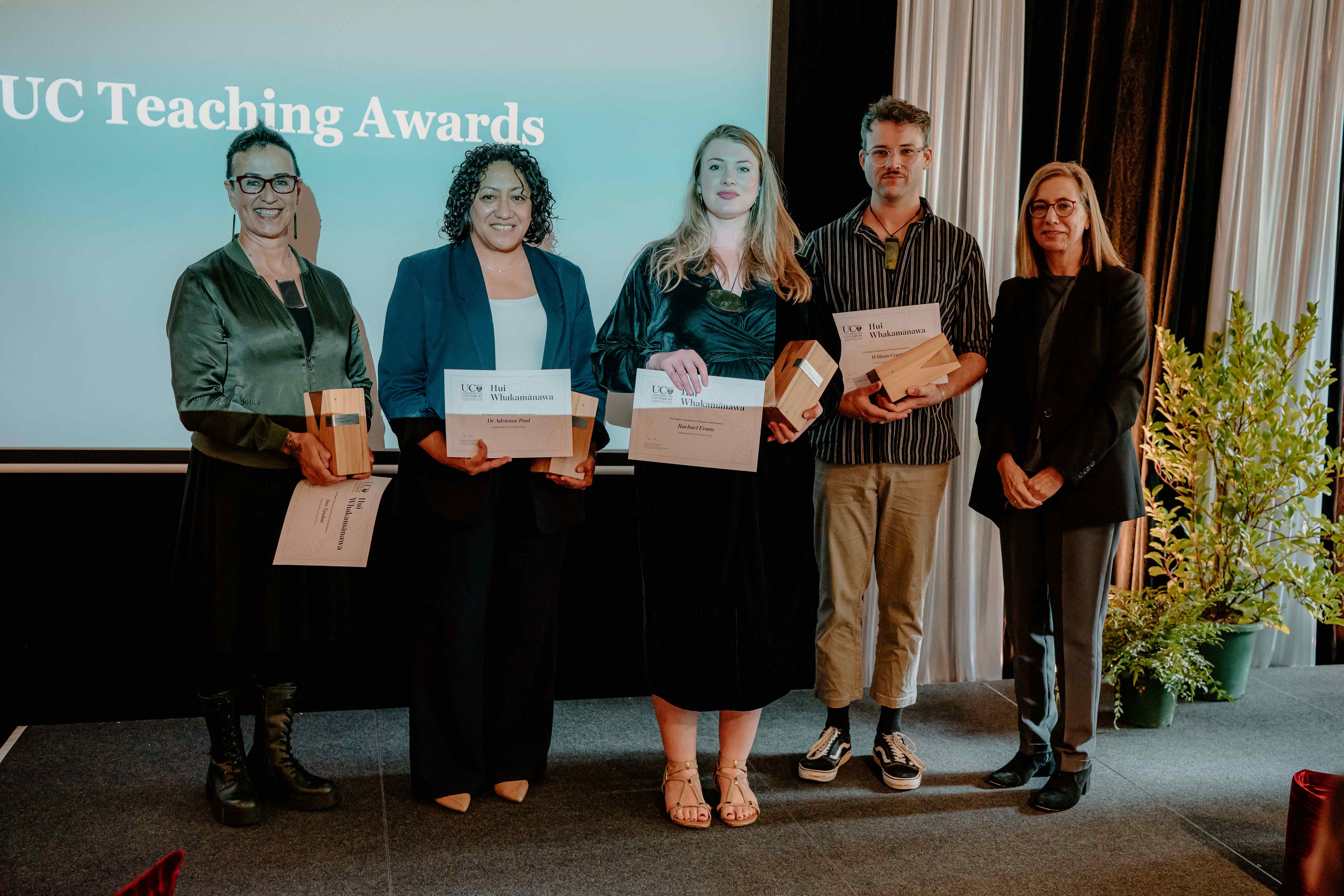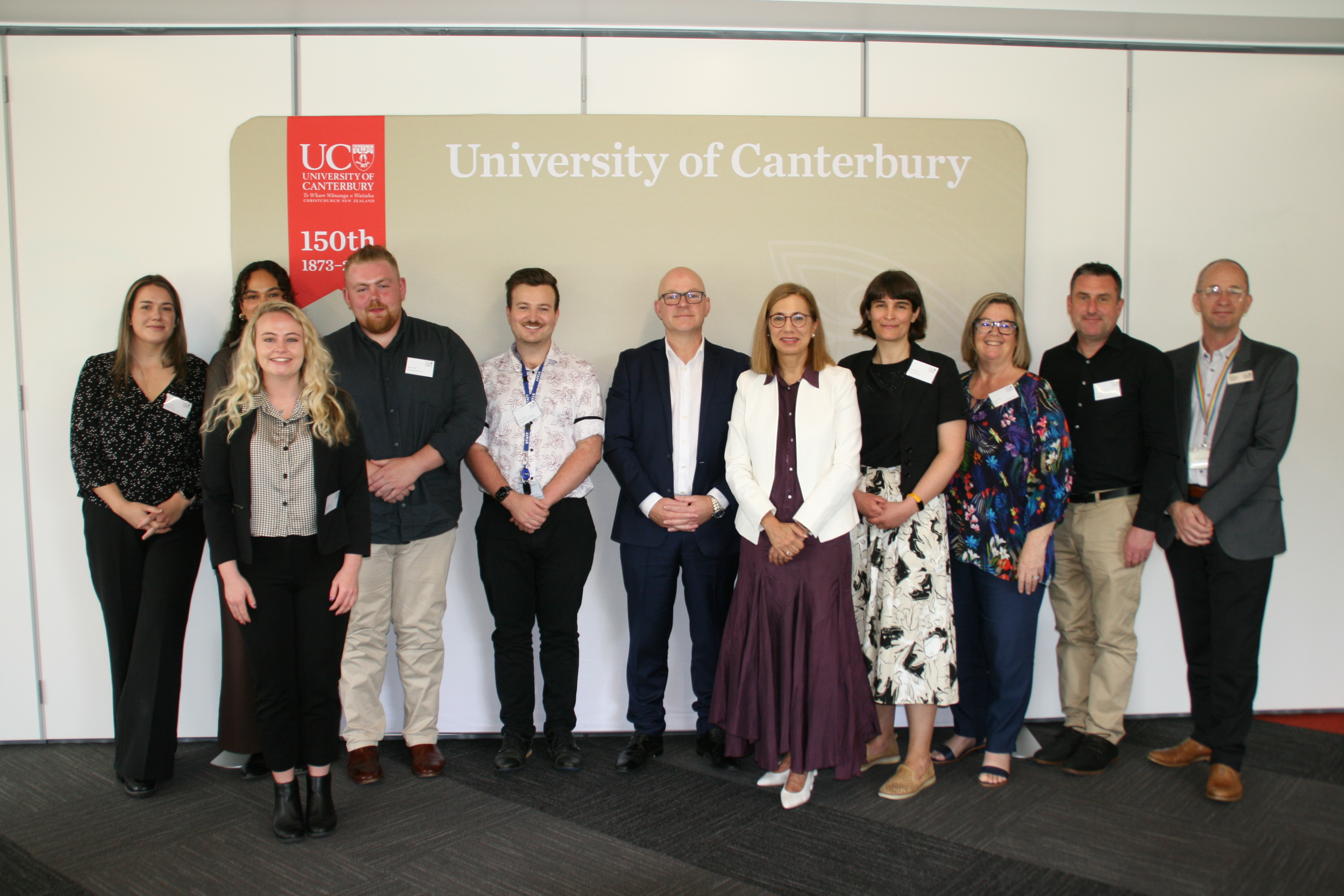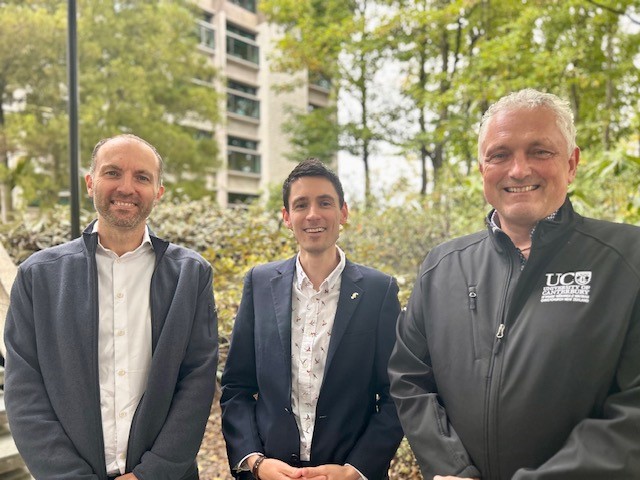The discovery of close to $1 billion down the back of the government’s Covid-19-recovery sofa is partly a reflection of New Zealand’s relative success in responding to the pandemic. As well as avoiding the catastrophic health impact and human cost seen in many countries, eliminating Covid-19 has brought economic benefits from being able to allow businesses to operate largely as normal.
While this is welcome news, it was ironic and incredibly disappointing to see the government announce a public sector pay freeze in the same week. Workers affected by this include nurses, other frontline healthcare workers, and teachers. In other words, some of the people who gave the most to get New Zealand through the worst of the crisis. And those who continue to risk their own health to keep us all safe by protecting the border.
The pandemic exposed the fact that our health system has been woefully underfunded for a long time. Barely able to cope with a bad winter flu season, it has virtually no capacity to deal with a crisis of any kind. Better pay for frontline healthcare workers is a fundamental step towards a more resilient system.
Our healthcare system has been failing Māori for a long time and these entrenched inequities are only exacerbated during a large-scale crisis such as a pandemic. As with so many other health conditions, Māori experienced worse outcomes from Covid-19 at an earlier age than Pākehā. Overhauling the health system to deliver equitable outcomes for Māori must be an urgent priority.
Although New Zealand has done well at stamping Covid-19 out so far, the response is far from over. One of the biggest challenges will be ensuring the vaccine rollout reaches as many people as possible. This sounds easy but there are some bumps in the road ahead. Effectively combating the rising tide of organised misinformation around vaccines will be crucial. So too will the more prosaic aspects of the rollout – making sure it is easy and convenient for people to get vaccinated, especially in remote areas.
Developing safe and effective vaccines within 12 months of the coronavirus first being discovered is an incredible scientific achievement. As data pours in from vaccine rollouts around the world, it has become clear they are actually more effective than many dared hope. We now know that every vaccination is one small step towards reducing the threat of Covid-19 to our community. Getting vaccinated really is doing your bit to make everyone safe from this virus.
New Zealand has also a part to play in ensuring vaccines are accessible in low and middle-income countries around the world. Supplying vaccines to our Pacific neighbours is a good start, but more needs to be done to ensure we don’t end up with a two-track system, with rich countries locking poorer countries out of the recovery.
Covid-19 won’t be the last pandemic. The government should take this opportunity to invest in New Zealand’s healthcare and science sectors. This should include funding to build research capacity and promote stronger links between researchers, public health practitioners, and decision-makers.
We also need better systems for data collection and sharing, which are often taken for granted but are in fact crucial for an evidence-based response to an emerging crisis. And we need an excellent and diverse science sector to make sense of complex streams of information in real time. A long-term plan to invest in people and infrastructure will hopefully mean we are better placed to respond to the next pandemic.
- Dr Michael Plank is a Professor in the School of Mathematics and Statistics at the University of Canterbury and a Principal Investigator of Te Pūnaha Matatini.







.jpg)


